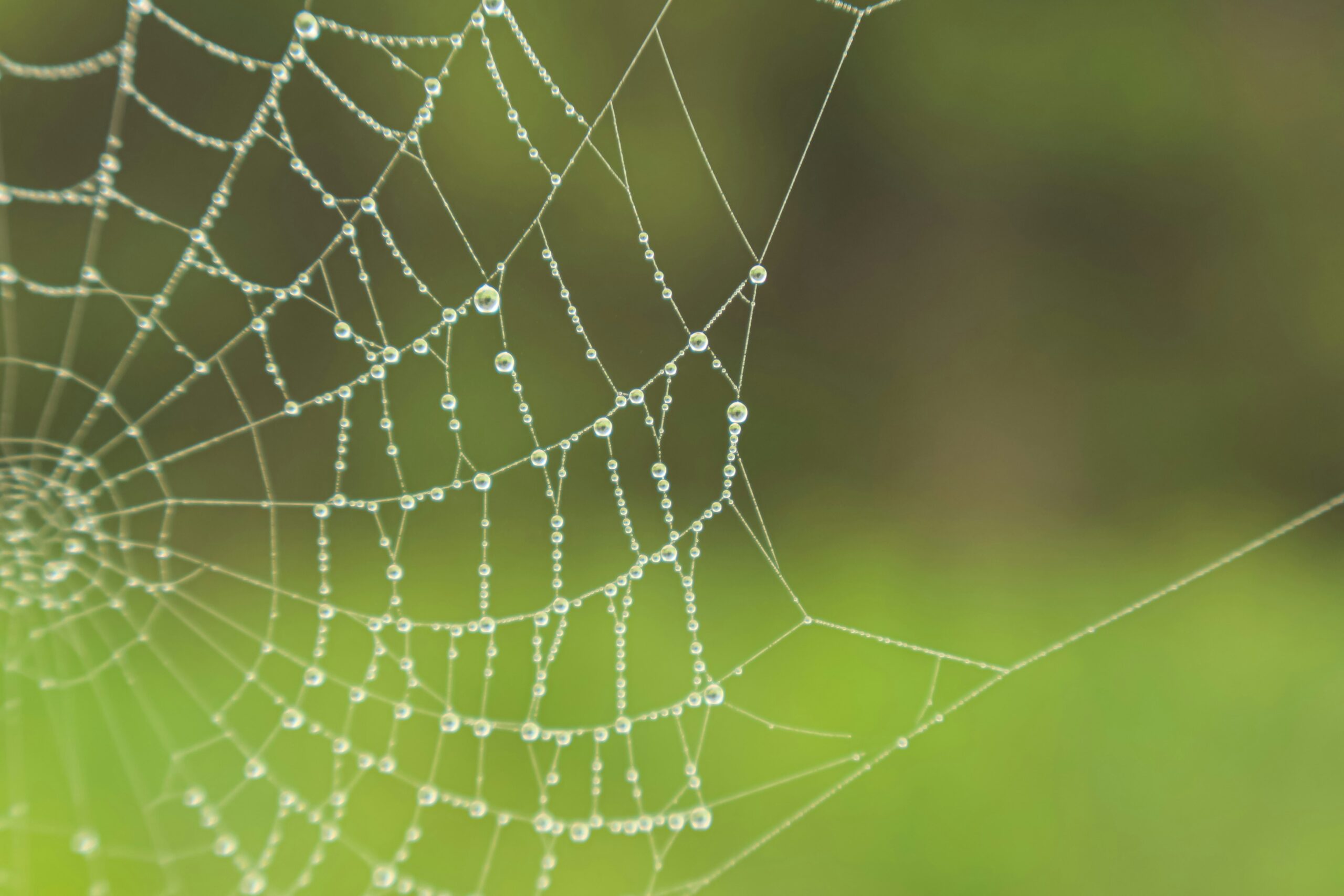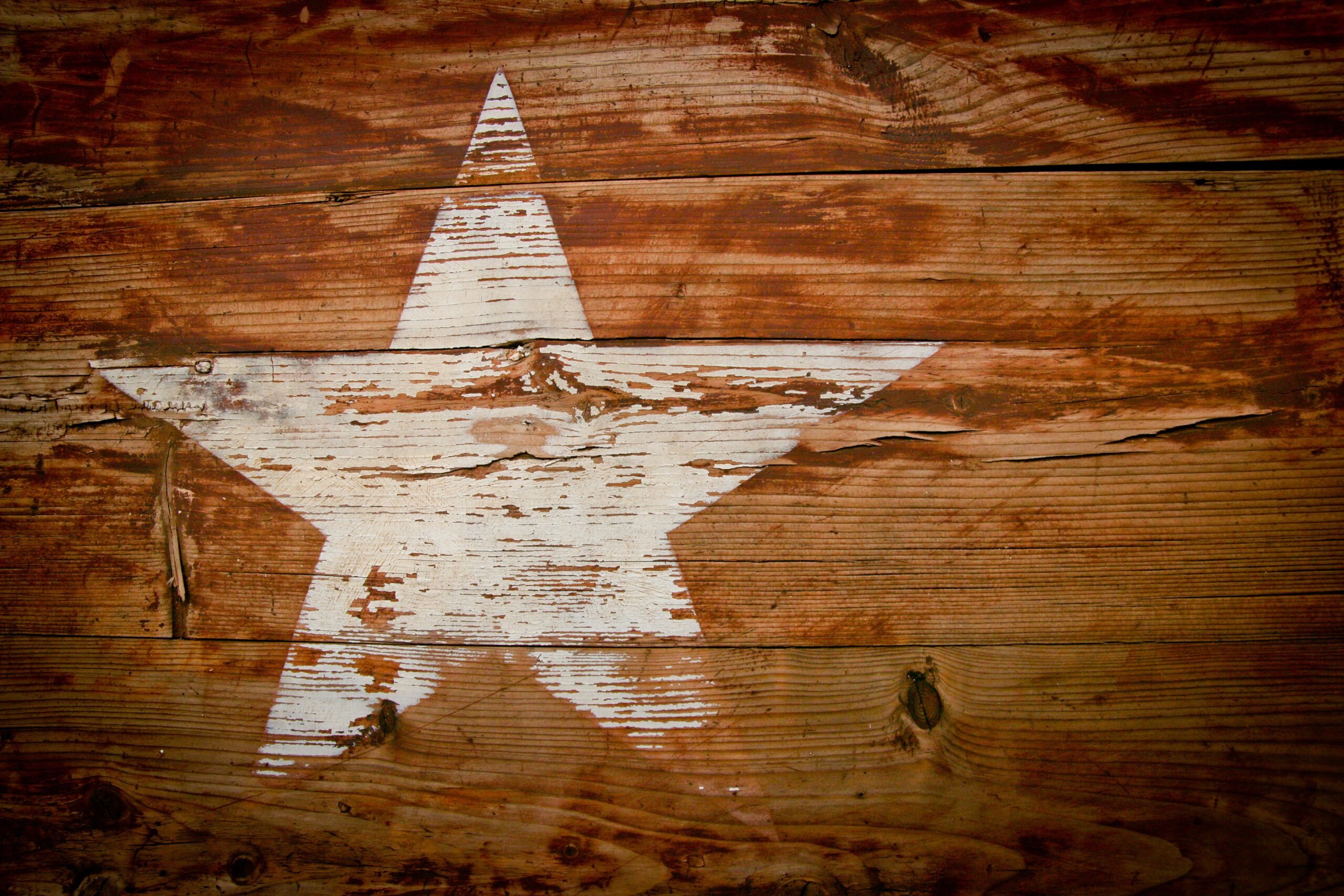It is in the bubbling turmoil of the burned-out banlieues of Paris that the feelings of its characters and of their apparent oppressors become clear. But La Haine distills these feelings into a curt and undeniable one-word message, played out during something less than twenty-four hours on the streets: hate. This is the takeaway that the moral center of the film, Hubert, describes in a recurring joke in which a man plummeting to his death has the consolation or the distraction that everything, as long as he’s still plummeting, is going just fine.
As suggested by the movie, if it isn’t the plummeting itself, hate is the feeling of this plummeting, and everything is going well until all of a sudden—kaboom—you’ve stopped falling. A feeling is never just a feeling. La Haine reveals this in its final moments with a shocking clarity.
But the most interesting aspect of the movie is not its message or its hard-hitting clarity and violence, but instead its aesthetic approach: the black-and-white images on these slick and gritty nighttime streets where crime rises to a boil and then simmers, rising and simmering in turn like an out-of-control fire lapping at a cauldron; the occasional long-shot takes that watch the main characters walking side-by-side often amid bare and hopeless environs; the moment when the camera enters the stall of a bathroom in which our three delinquents have been talking, panning down to an eccentric old man who takes them by surprise and begins holding court with a speech; and that drone-like aerial shot occurring in the disc-jockey scene that overlooks an apartment complex, rising above the horizon and looking out on the distant buildings of these bone-dry and demoralized suburbs.
And Vincent Cassel, playing his namesake like his co-stars, displays in La Haine an energy that propels the whole movie. His hawkish features and wide-set eyes lend him the pent-up delirium of a crazed outsider, and the role fits him well, one of the first afforded him by the creative genius behind La Haine, Mathieu Kassovitz.
Still in his twenties, Kassovitz managed to write and direct a movie that took the Cannes Film Festival by storm, winning him the best-director prize. And more than a quarter century later, La Haine has held up; its head-over-heels pacing and its shooting style, its documentary invasiveness and its integrity as a portrayal of the conditions of French society, its moving distillation of problems that aren’t so much institutional as incorrigibly human and long-lasting—these are the hallmarks of this excellent movie. It remains full of so many surprises.


